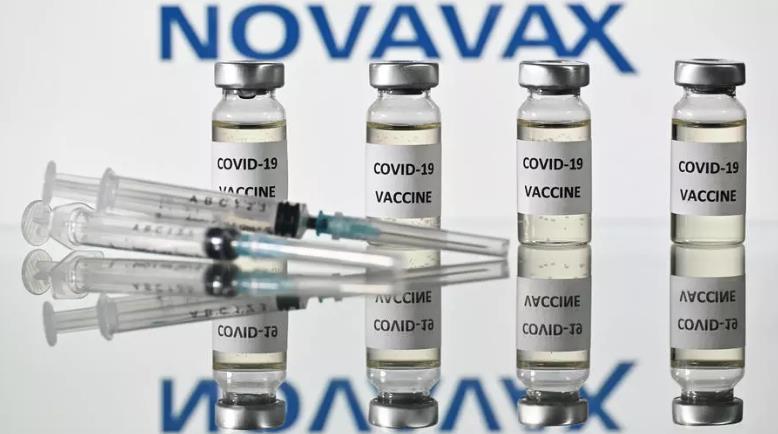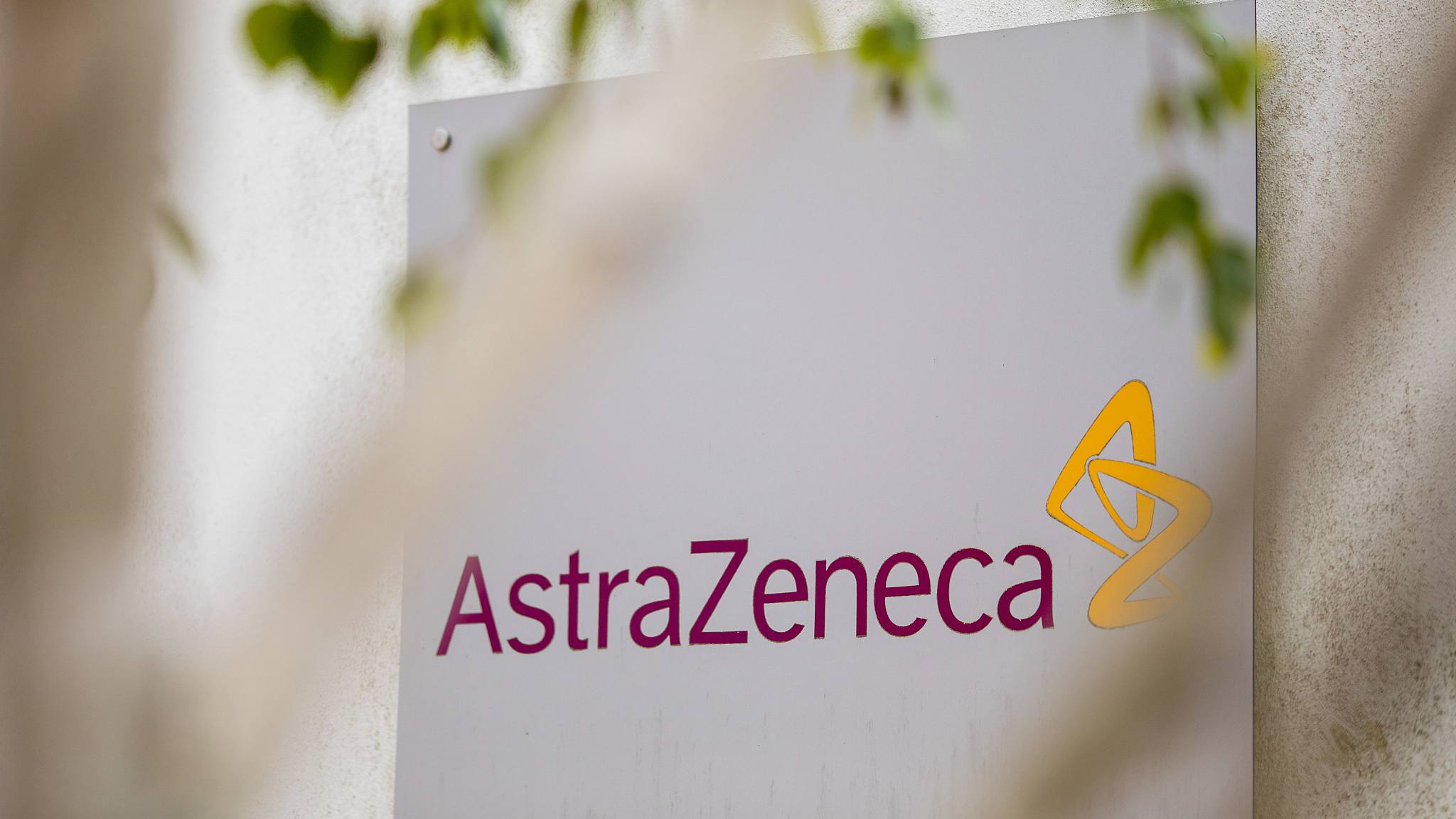As countries around the world are scrambling to roll out vaccinations for controlling the catastrophic COVID-19 pandemic, data on vaccines' efficacy varies by coronavirus strains and by populations.
Novavax vaccine not effective against South Africa-detected variant

The Novavax vaccine is reported to be less effective against the coronavirus variant first detected in South Africa. /AFP
The Novavax vaccine is reported to be less effective against the coronavirus variant first detected in South Africa. /AFP
U.S. biotech firm Novavax said Thursday its two-shot COVID-19 vaccine candidate showed 89.3 percent efficacy in a major phase-3 clinical trial in Britain.
But the positive news was offset by results that showed the vaccine, called NVX-CoV2373, was much less effective against a variant of the coronavirus first identified in South Africa that is spreading quickly around the world.
The British trial involved 15,000 people age 18 to 84, including 27 percent who were over the age of 65.
The first interim analysis was based on 62 cases, of which 56 cases of COVID-19 were observed in the placebo group versus six cases among people who received NVX-CoV2373.
The company's preliminary analysis indicated the variant first identified in Britain, B.1.1.7, was detected in more than 50 percent of the confirmed cases.
Efficacy by strain was calculated at 95.6 percent against the original coronavirus strain, and 85.6 percent against B.1.1.7.
But the efficacy was much lower in a small trial conducted in South Africa.
This study enrolled just over 4,400 patients from September to mid-January, during which time the B.1.351 variant, which contains critical mutations along the virus' spike protein, was spreading rapidly through the country.
Overall efficacy was 49.4 percent in this trial, but the figure rose to 60 percent among the 94 percent of trial participants who were HIV-negative.
Novavax said it began working on new vaccines against emerging strains in early January and expects to select ideal candidates in the coming days, then begin clinical testing in the second quarter of the year.
AstraZeneca vaccine shouldn't be given to over 65s

German health authourities say the AstraZeneca-Oxford vaccine shouldn't be given to people over 65 years old. /CFP
German health authourities say the AstraZeneca-Oxford vaccine shouldn't be given to people over 65 years old. /CFP
The COVID-19 vaccine developed by AstraZeneca and the University of Oxford shouldn't be given to people over 65 years old, said German health authorities the same day.
According to a statement by the Standing Committee on Vaccination (STIKO) at Robert Koch Institute (RKI), the country's main public health authority, the AstraZeneca-Oxford vaccine lacks data to support its effectiveness for protecting people aged over 65 from the coronavirus.
"Due to the small number of study participants in the over 65 years age group, no conclusion can be made regarding efficacy and safety in the elderly. This vaccine is therefore currently recommended by the STIKO only for persons aged 18-64 years," CNN reported, citing the STIKO.
A spokesperson of the company responded that latest analysis of clinical trial data for the vaccine "support efficacy in the over 65 years age group," and added they are "awaiting a regulatory decision by the European Union medicines regulator," CNN reported.
Germany's decision contradicts the UK government's move to administer doses to people over 65.
"The data we have shows that the vaccine produces a strong immune response in the over-65s. More data is continually becoming available for this age group and our Public Assessment Report, available on our website, will be updated to reflect this," said June Raine, chief executive of Medicines and Healthcare products Regulatory Agency.
The ANVISA, Brazil's Heath Surveillance Agency, said after the German recommendation that data on the vaccine so far shows it is safe for elderly patients, as reported by Reuters. But the agency added that "it is not possible to determine the efficacy of the vaccine for a population over the age of 65 because the participation of elderly people in the studies conducted so far was not statistically relevant."
COVID-19 vaccines not recommended for pregnant women
The World Health Organization suggested on its website that pregnant women must not take the Moderna and Pfizer-BioNTech vaccines "unless they are at risk of high exposure (e.g. health workers)" due to insufficient data.
In China, experts from Chinese Center for Disease Control and Prevention said it is a general rule that COVID-19 vaccines are not recommended for pregnant women owing to a lack of data.
People with some other conditions are also advised against taking the jab, including children under 16 (for Pfizer-BioNTech vaccine) and 18 (for Moderna vaccine), and those "with a history of severe allergic reaction to any component of the vaccine," said the WHO.
(With input from AFP)

